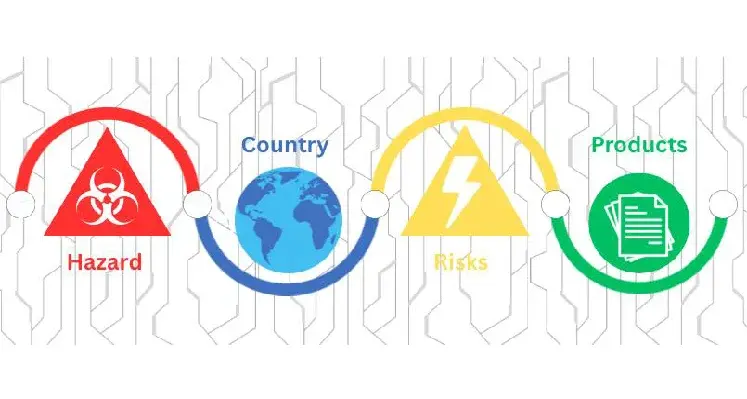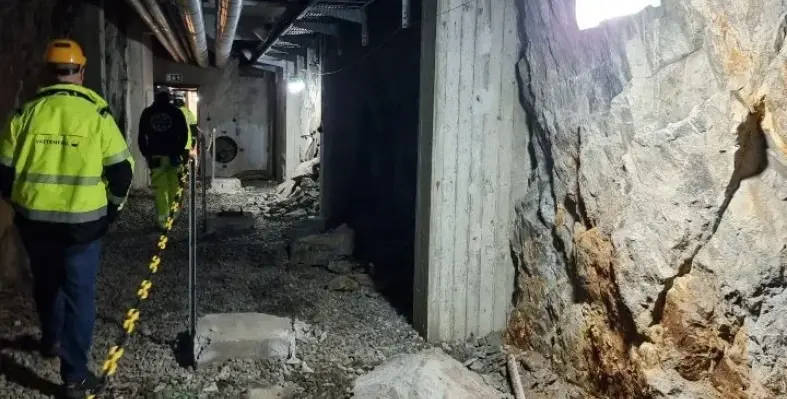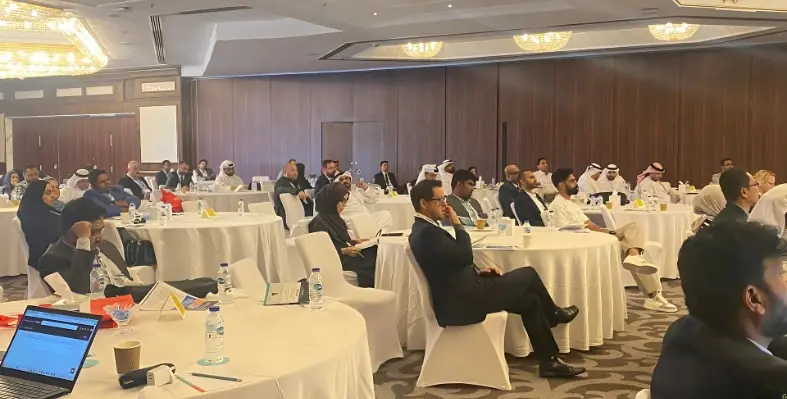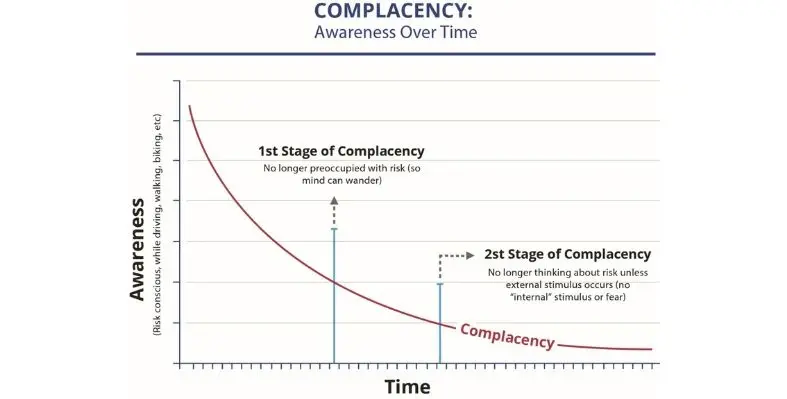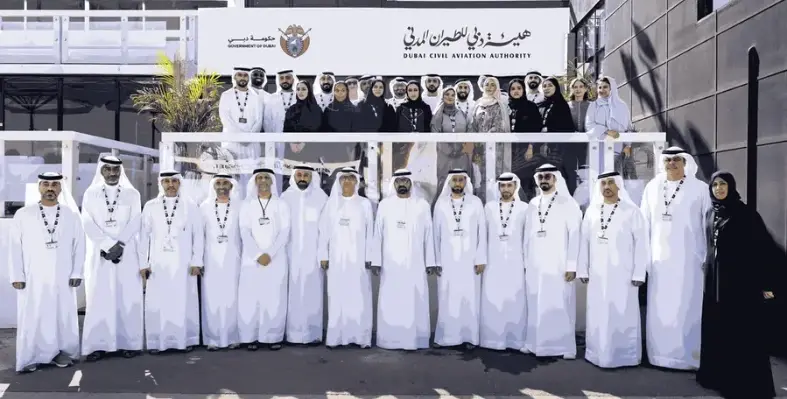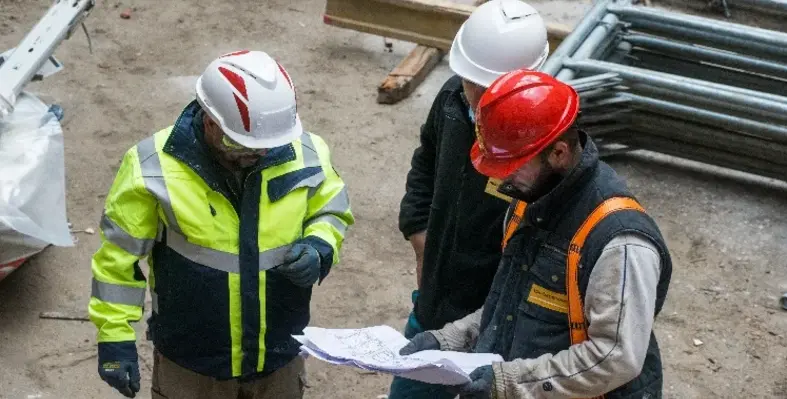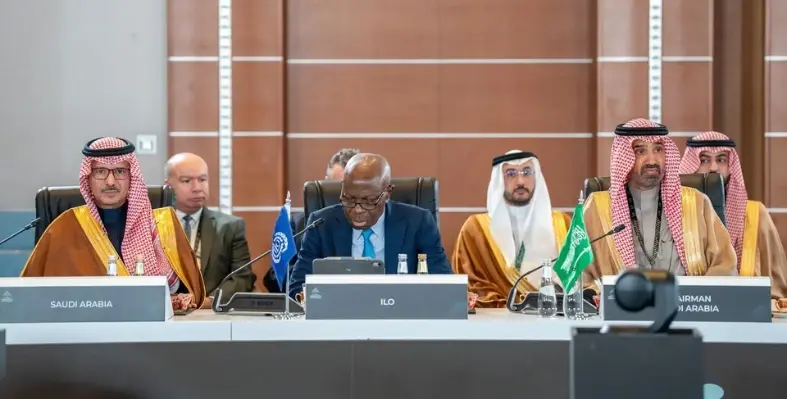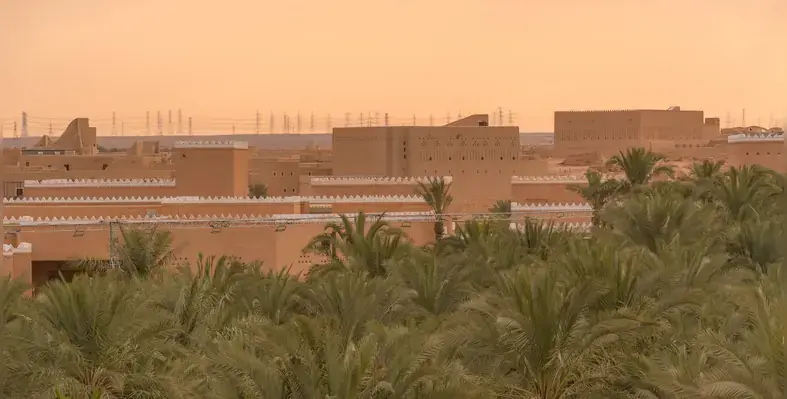The World Health Organization (WHO) Regional Office for the Eastern Mediterranean has launched an All-Hazard Information Management (AIM) Toolkit, which leverages generative artificial intelligence to reduce the time needed to produce critical response documents from weeks to minutes
The AIM Toolkit equips WHO and health authorities with a rapid, reliable and context-sensitive mechanism to guide emergency decision-making, as the region wrestles with multiple emergencies from disease outbreaks to climate-related shocks and conflict.
The Toolkit enables WHO teams to access and organise technical guidance from WHO and partners; structure response frameworks around clearly defined objectives, actions and indicators; automatically tailor essential documents, including risk assessments and response plans, to specific countries and hazards; and identify potential gaps and ensure technical completeness under time constraints.
It thereby enables experts to focus on high-level analysis and strategic decision-making rather than document production, significantly accelerating early response while preserving adherence to WHO standards.
“In a context of shrinking resources, we are constantly asked to do better with less and still meet rising needs across the Region,” said Dr Ahmed Zouiten, regional emergency director ad-interim. “The AIM Toolkit is not just about speed. It’s a game-changer in how we use knowledge, turning global guidance into real-time, country-specific action, powered by AI. This is how we help countries respond faster, smarter and with greater precision in times when it matters most.”
It is anticipated that in the future the AIM Toolkit will be developed to incorporate real-time health data, support the development of workflows and standard operating procedures and further strengthen regional readiness and resilience.
The WHO sees the AIM toolkit as a step forward in ensuring that no community is left behind in times of crisis, underlining a shared commitment to protect the most vulnerable, strengthen health systems and ensure that every response is grounded in equity, evidence and solidarity.


